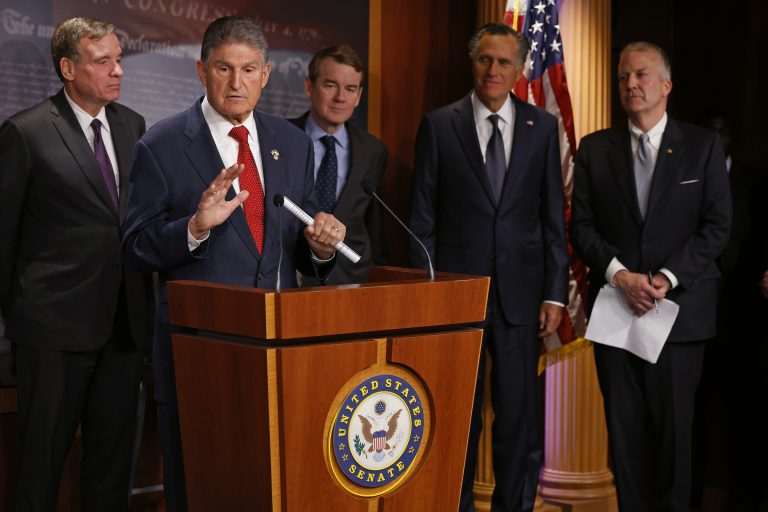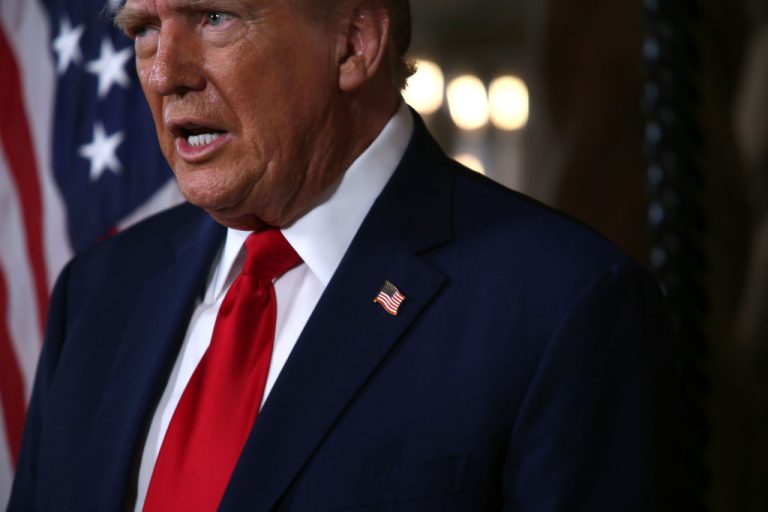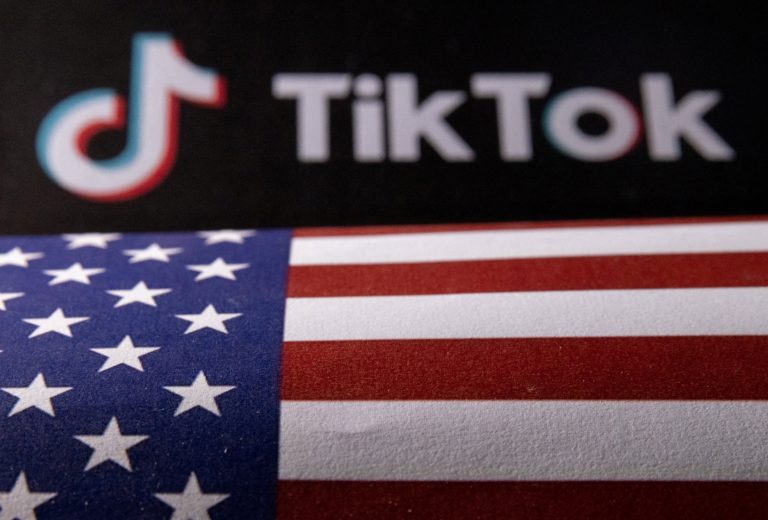One of several bills in Congress to ban TikTok has come under fire for the broad powers it would grant the U.S. government to surveil and punish internet users in the name of protecting American national security.
TikTok, the social media app that’s so addictive it has been compared to a drug, is actively used by over 150 million Americans. Its parent company, ByteDance, has close ties to the Chinese Communist Party (CCP), and critics say it is used by the totalitarian regime to collect biometric data from the U.S. population, as well as spread demoralizing narratives and political propaganda.
The U.S. federal government has already given orders to ban the app on government devices, and Congress is deliberating three pieces of legislation that would restrict or ban TikTok in general.
These include the ANTI-SOCIAL CCP Act, the DATA Act, and the RESTRICT Act.
But while the first two specifically take aim at TikTok as an agent of CCP influence in the U.S., the contents of the RESTRICT Act (S 686), which was unveiled in early March, cover a much wider scope and have been likened to the infamous Patriot Act.
‘Foreign adversaries’
Success
You are now signed up for our newsletter
Success
Check your email to complete sign up
RESTRICT, or short for “Restricting the Emergence of Security Threats that Risk Information and Communications Technology,” would require the establishment of “procedures to identify, deter, disrupt, prevent, prohibit, and mitigate transactions involving information and communications technology products in which any foreign adversary has any interest and poses undue or unacceptable risk to national security.”
Critics of the bill argue that the Act’s vague language would give the government a broad brush with which to paint ordinary Americans’ actions as threats to national security.
In addition, the criminal penalties allowed for by the bill extend to a maximum of $1 million in fines and 20 years in prison.
“After all, unelected officials — the secretary of commerce and director of national intelligence — will be determining what makes someone a ‘foreign adversary,'” Samuel Mangold-Lennet wrote in an April 3 piece for The Federalist, a conservative news and commentary outlet.
At the same time, the way the bill is worded means that “as it currently stands, the RESTRICT Act might result in action against TikTok but only after a drawn-out bureaucratic process,” Mangold-Lennet wrote.
He suggests that more targeted legislation could handle TikTok as a tool of the CCP more effectively and without jeopardizing online freedoms, including one suggested by Sen. Josh Hawley of Missouri and the ANTI-SOCIAL CCP Act by Florida’s Marco Rubio.
“Each of these senators’ proposals is more effective at banning TikTok than the RESTRICT Act in its current interaction, and neither features the same loathsome heap of ambiguous language that could result in the further weaponization of the federal government against the American people,” Mangold-Lennet added.
“It protects the American people and it sends a message to Communist China that you cannot buy us,” Hawley had said of his proposed legislation, which he introduced in January.
Towards an American ‘Great Firewall’?
Some critics fear that the RESTRICT Act could end up mirroring Communist China’s own censorship of the internet, commonly known as the “Great Firewall.” Hundreds of thousands of online police, aided by artificial intelligence and big data, monitor the Chinese internet for banned or sensitive discussion or search terms.
Jeff Brown, founder and chief investment analyst for Brownstone Research, an investment research firm, agreed with the need to ban TikTok as an app that sends all the information it collects back to China ‘for analysis, storage, and utilization.”
But he noted that American Big Tech companies also “surveil us without consent and sell access to our data to generate advertising revenues” despite playing by the rules “as outlined in the U.S. and Europe.”
Should RESTRICT be passed in its current form, “If the government determines that any individual or company is a ‘security threat’ it is empowered to do pretty much anything it wants in terms of surveillance… and the penalties could be life-altering,” Brown wrote on April 4.
While mainstream Republicans and Democrats have voiced support for the bill, opposition has come from the alternative wings of the two parties. Democratic socialist Alexandria Ocasio-Cortez on March 24 said that she was opposed to banning TikTok at all, caling such a move “unprecedented” and that it “just doesn’t feel right to me.”
Sen. Rand Paul (R-KY), has also been wary of the RESTRICT Act and other moves to ban TikTok. “I think we should beware of those who use fear to coax Americans to relinquish our liberties,” Paul, a prominent libertarian, said on the Senate floor on March 29. “Every accusation of data gathering that has been attributed to TikTok could also be attributed to domestic big tech companies.”
Former Republican Representative Justin Amash said the “RESTRICT Act isn’t about banning TikTok; it’s about controlling you. It gives broad powers to the executive branch, with few checks, and will be abused in every way you can imagine,” he said, as reported by Al Jazeera.
“Do we really want to emulate Chinese speech bans?” he added. “We’re going to be just like China and ban speech we’re afraid of?” Paul said during his Senate speech.













